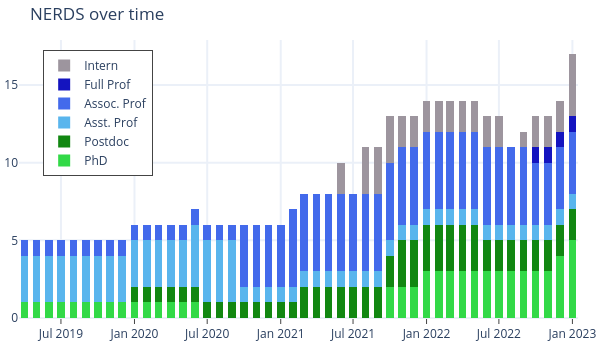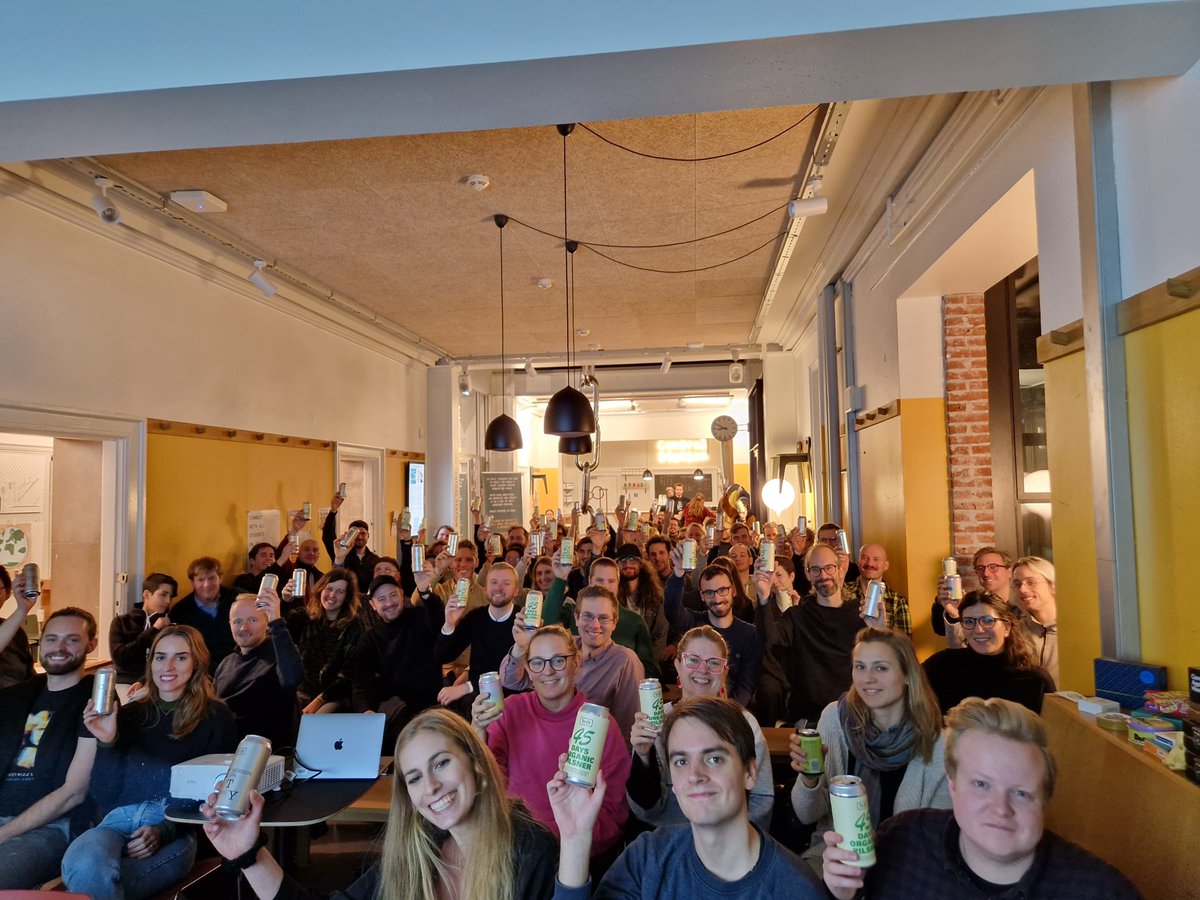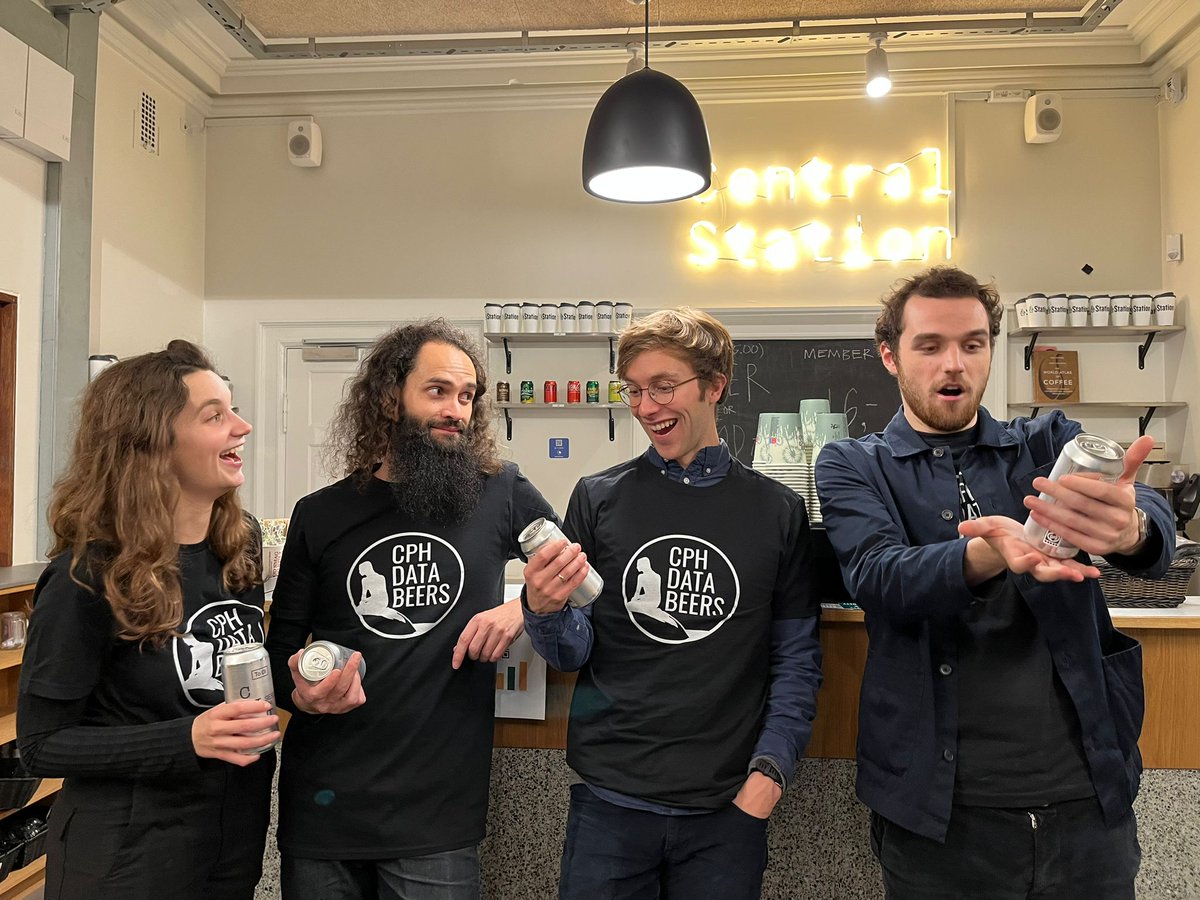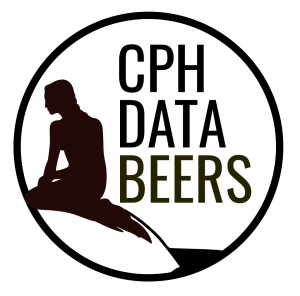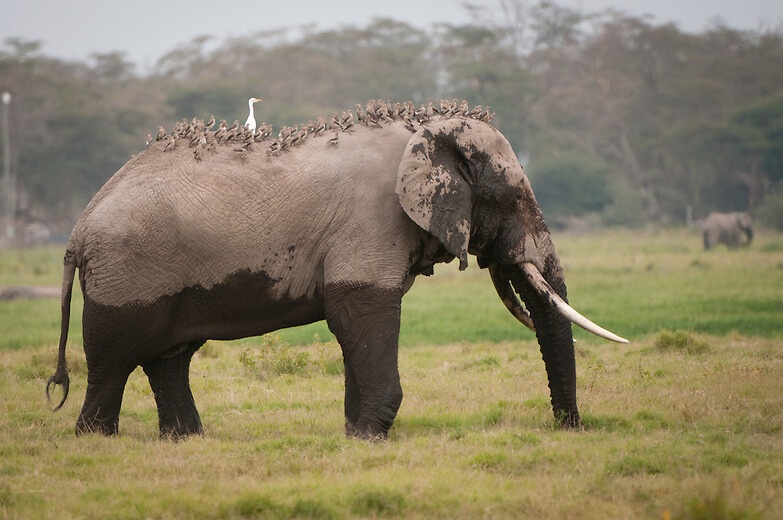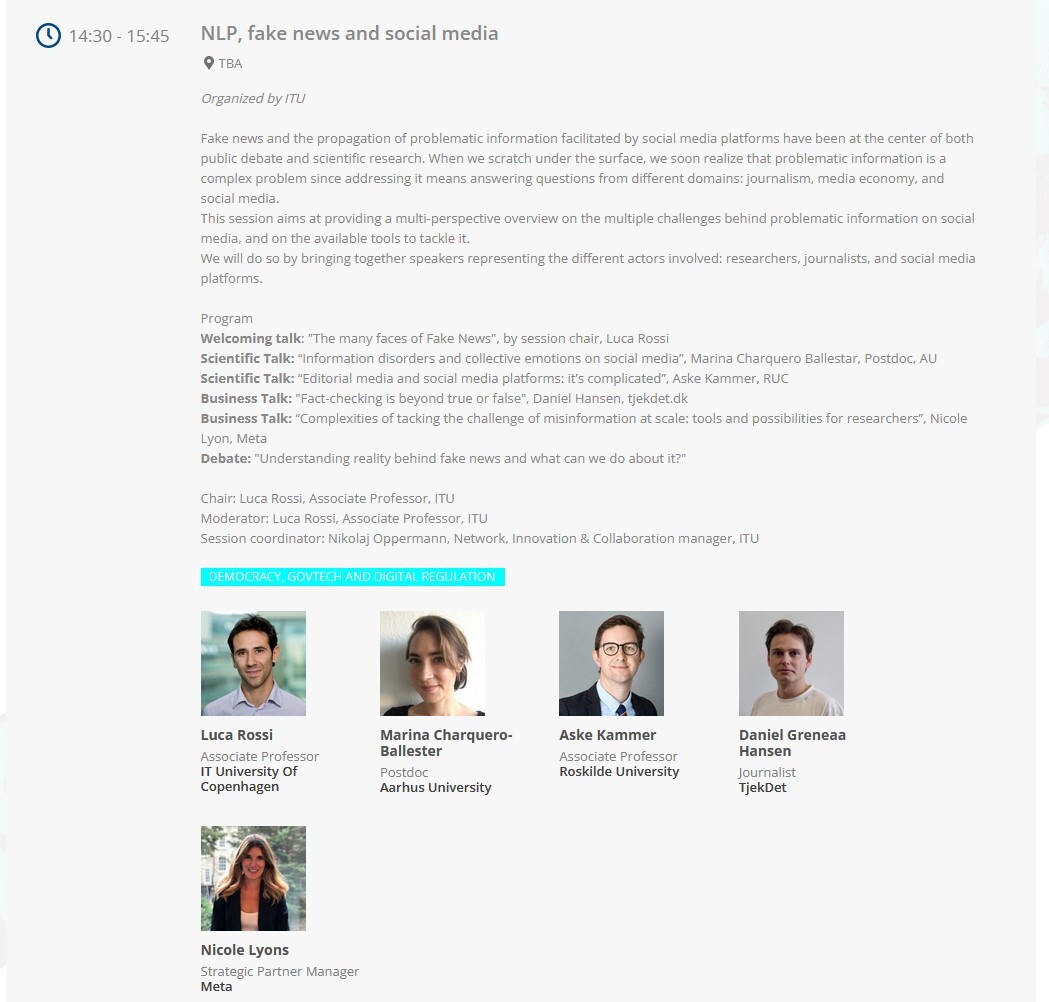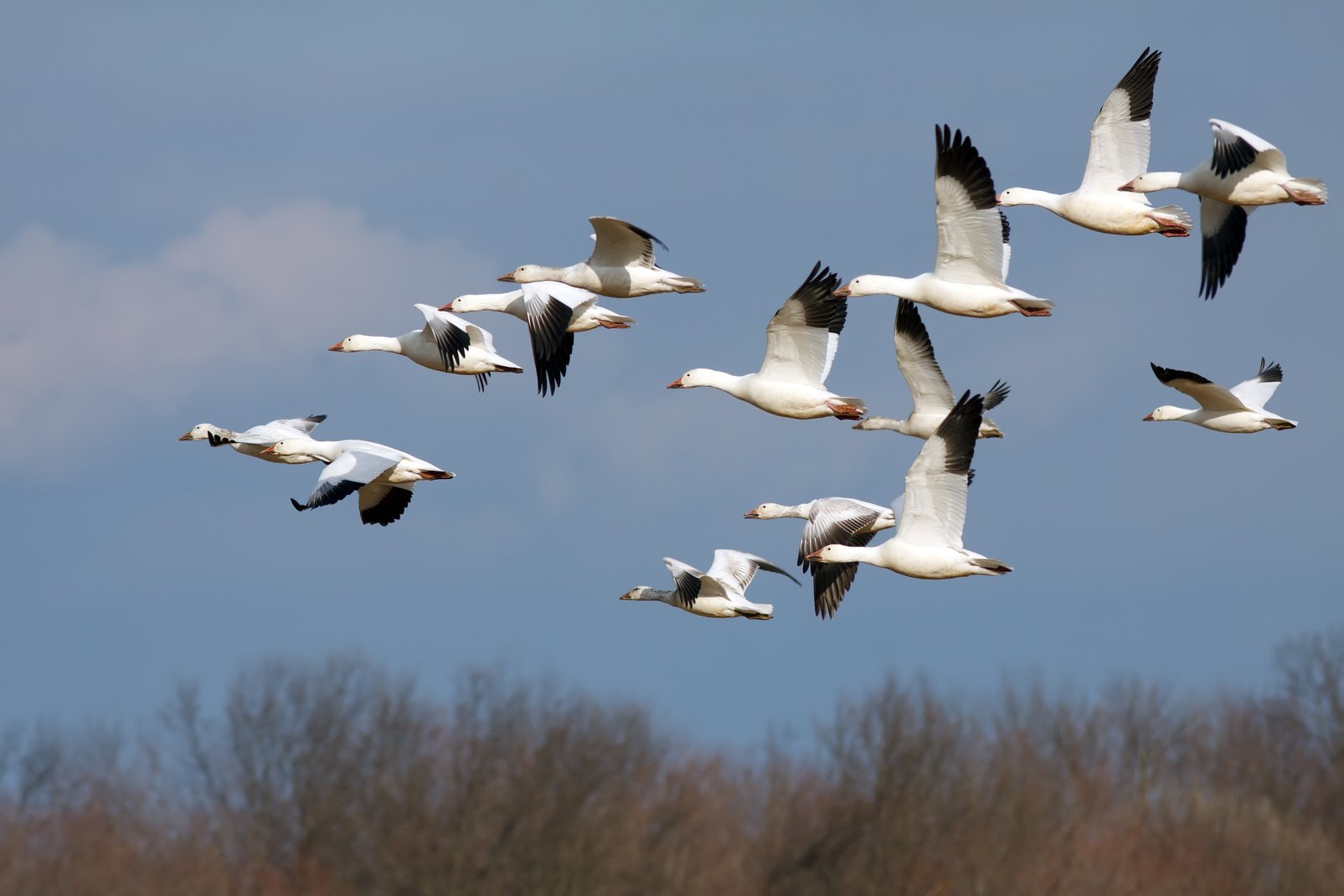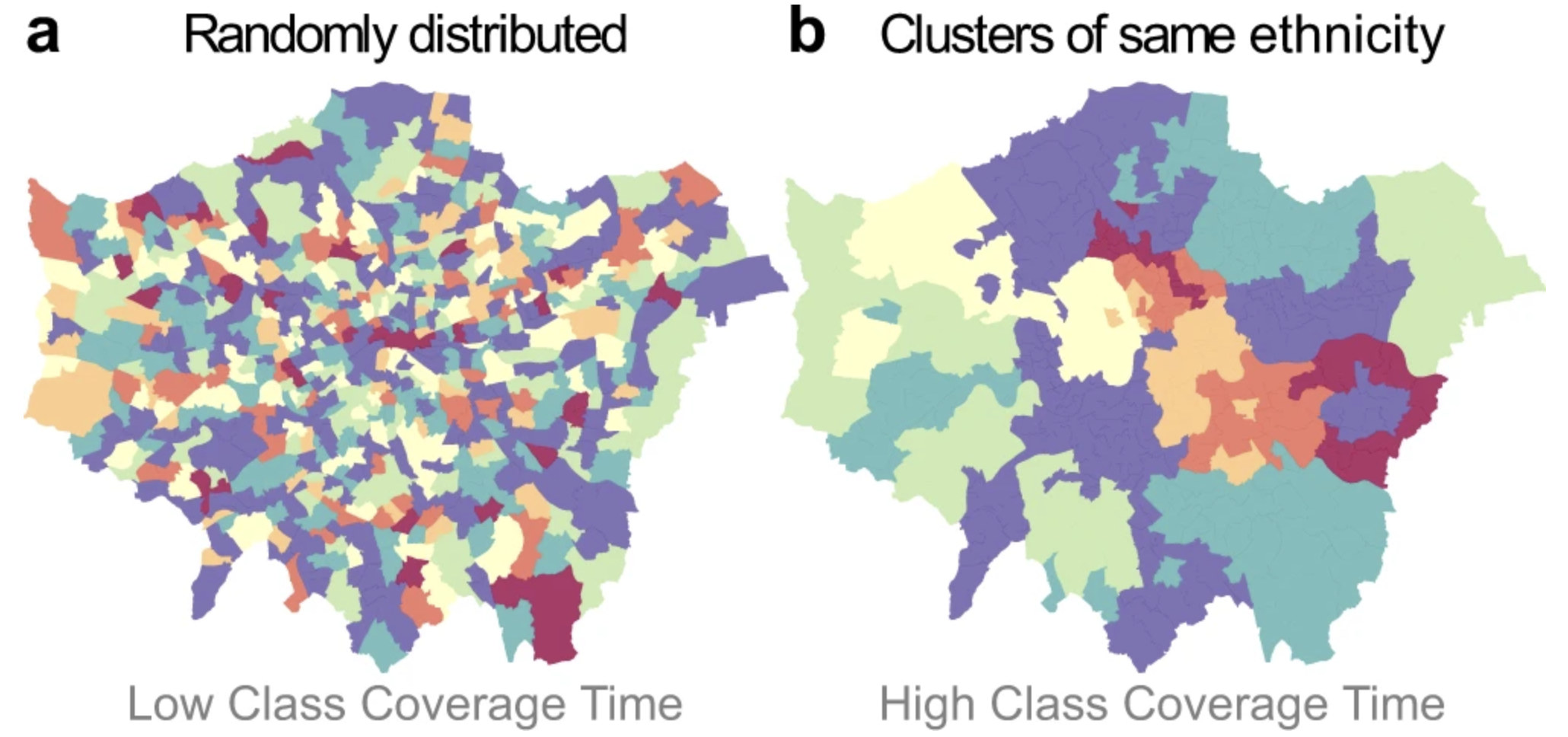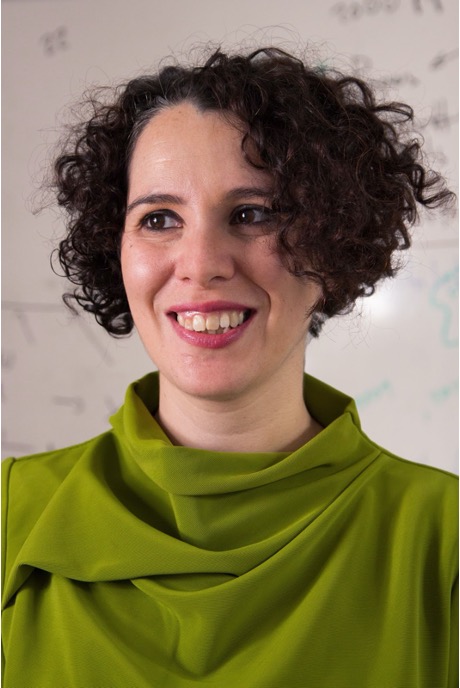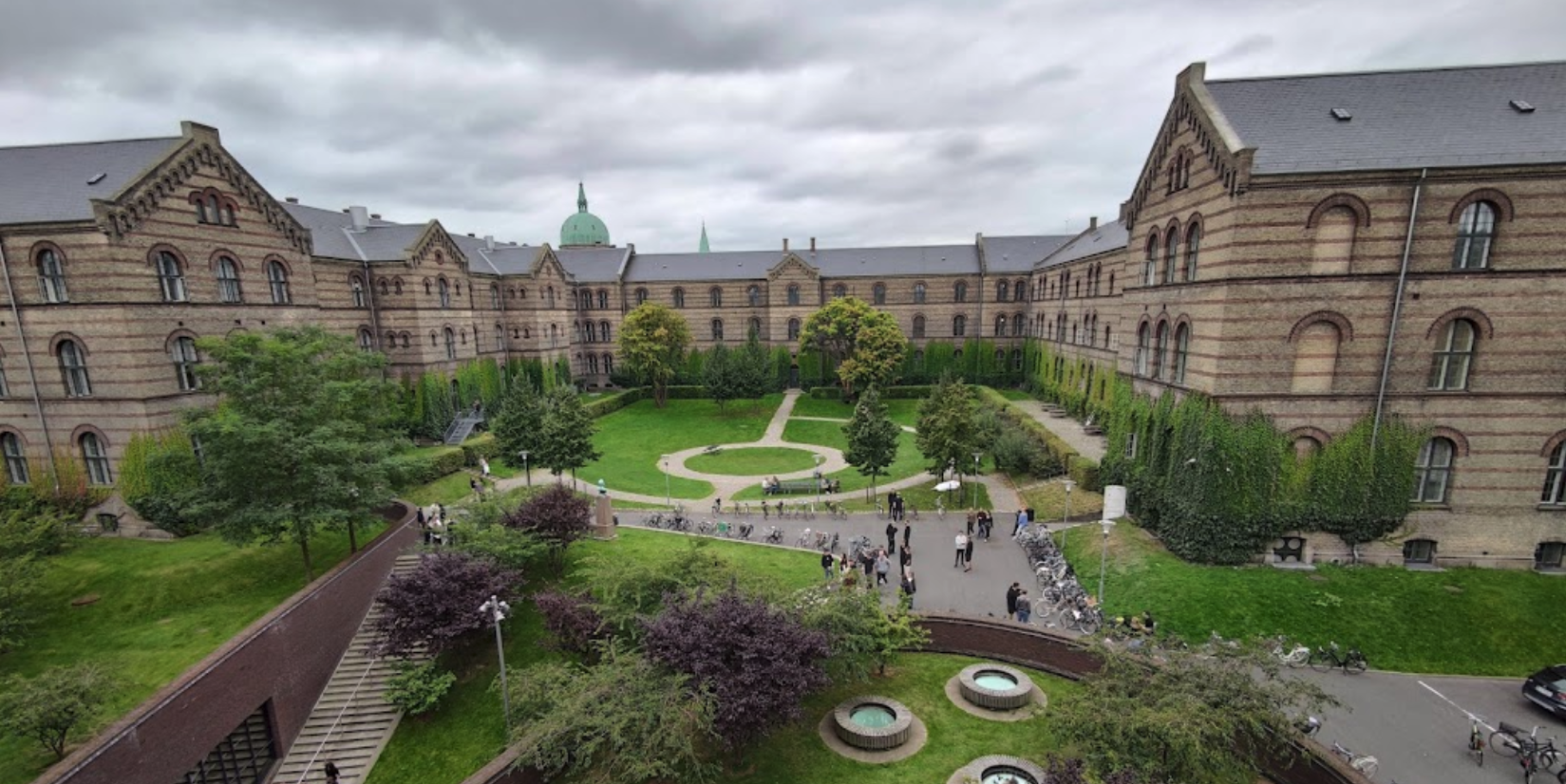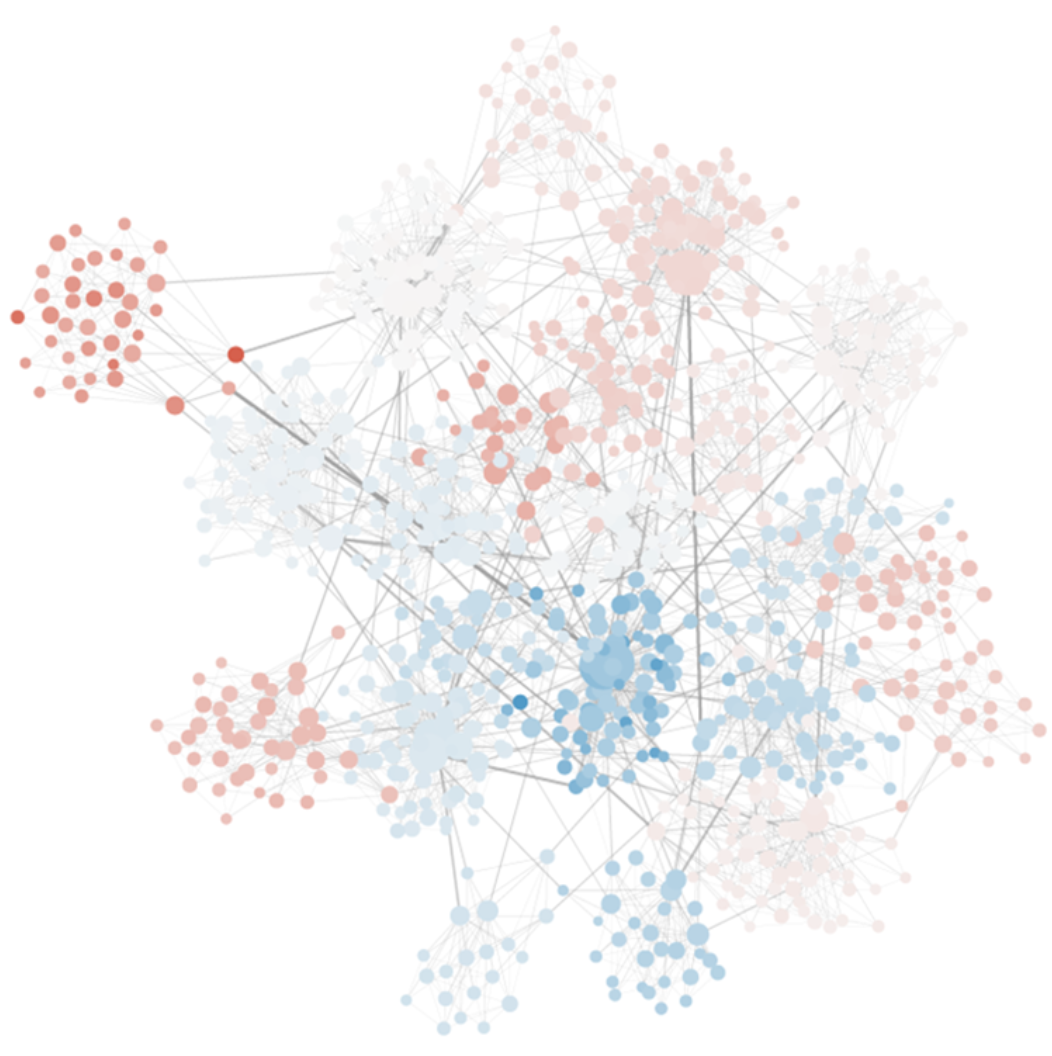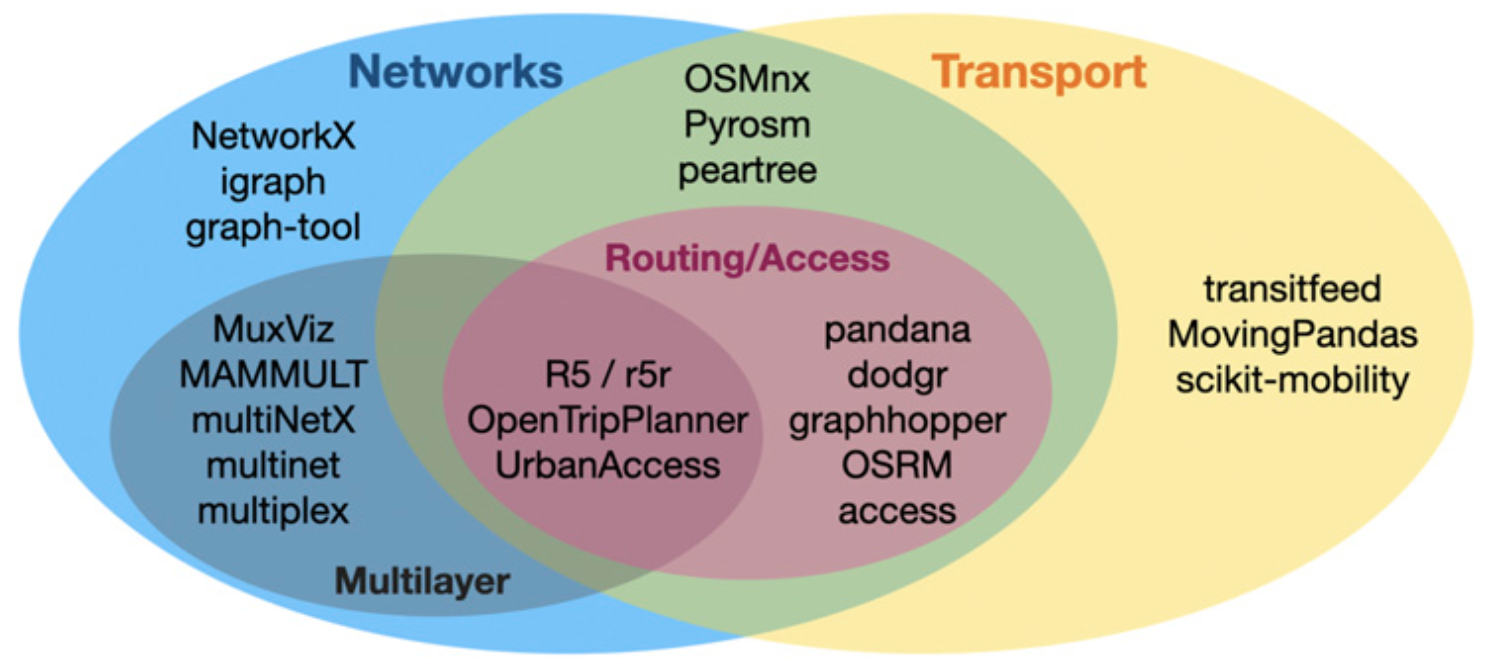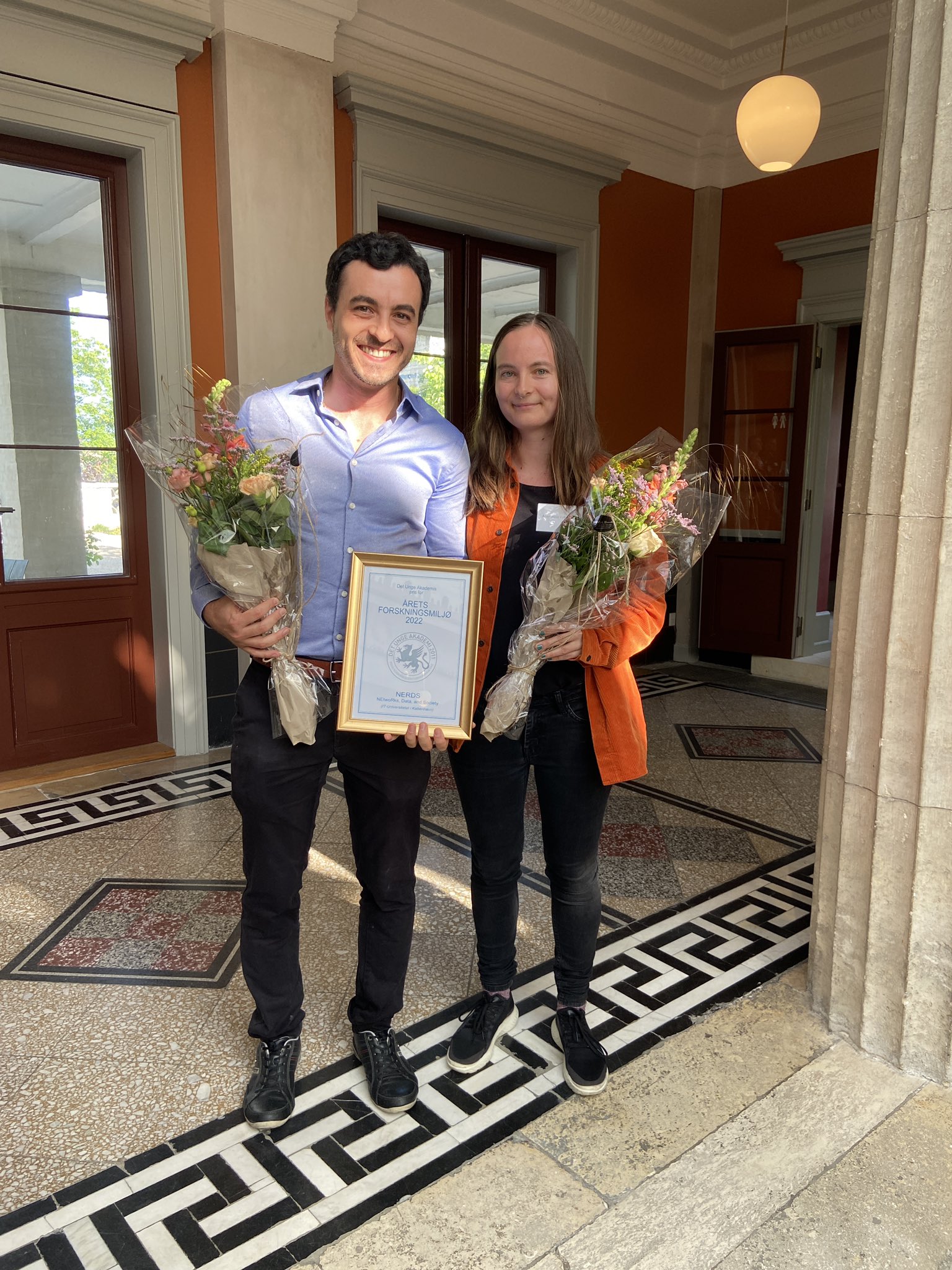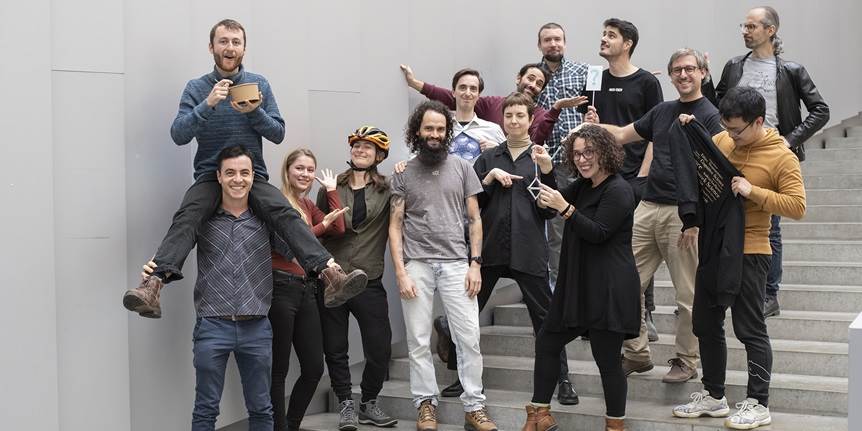Happy new year! We are excited to report many new faces at NERDS, on one hand due to an increased number of interns joining, and on the other hand through Luca’s Carlsberg grant which now starts to kick in.
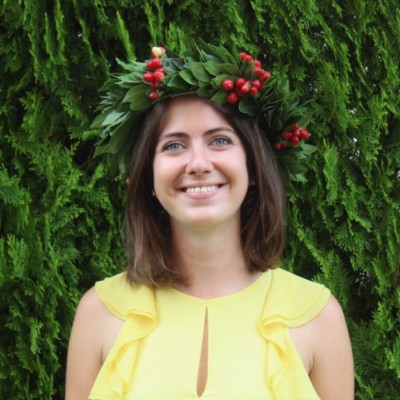 With Jan 1st, joining us is the new long-term member Arianna Pera as PhD student, who recently got her master degree at Universita Bicocca in Italy. She will work in the area of computational social science, and especially with topics related to coordination. At the same time, we have postdoc Alessia Antelmi from University of Salerno in Italy. She will be with us for 6 months working on higher-order interactions applied to online conversations. Furth
With Jan 1st, joining us is the new long-term member Arianna Pera as PhD student, who recently got her master degree at Universita Bicocca in Italy. She will work in the area of computational social science, and especially with topics related to coordination. At the same time, we have postdoc Alessia Antelmi from University of Salerno in Italy. She will be with us for 6 months working on higher-order interactions applied to online conversations. Furth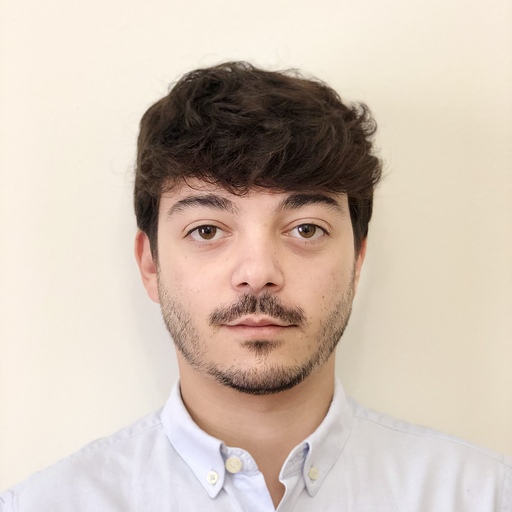 er, Lucio La Cava is a PhD student at the University of Calabria in Italy. He will visit us for three months, working at the intersection of collective coordination and Web3. A future PhD student will be Anders Giovanni Møller, who is currently still a Master
er, Lucio La Cava is a PhD student at the University of Calabria in Italy. He will visit us for three months, working at the intersection of collective coordination and Web3. A future PhD student will be Anders Giovanni Møller, who is currently still a Master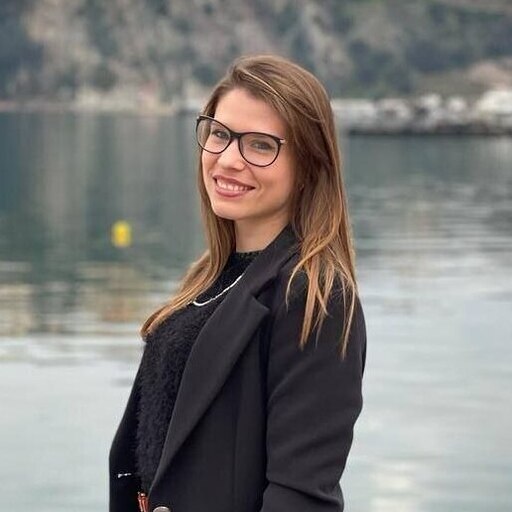 student here at ITU. He will start his PhD with us in June but he is already around before then. His main focus is NLP and he will work at the intersection of NLP and social network analysis. Apart from this new batch of 2023 people, we have two more master student interns, Henrik Wolf and Carlson Büth, who are visiting us since fall from Germany, Dresden and Münster, respectively.
student here at ITU. He will start his PhD with us in June but he is already around before then. His main focus is NLP and he will work at the intersection of NLP and social network analysis. Apart from this new batch of 2023 people, we have two more master student interns, Henrik Wolf and Carlson Büth, who are visiting us since fall from Germany, Dresden and Münster, respectively.
All of these excellent new people bring more life to our group – they also have almost filled up all our tables in our large 3F29 section and we might need to look for new space soon. We are happy about all the buzz and intellectual cross-pollination going on!
Our interns are happy and becoming numerous due to our group’s and university’s efforts to be welcoming to visitors. To quote our Positions page:
We are very open to welcome self-funded research visitors if the topic of collaboration makes sense – for such inquiries please contact us via email. If you need funding let us know too: There might be / we might know of possibilities of third-party or internal funding.

